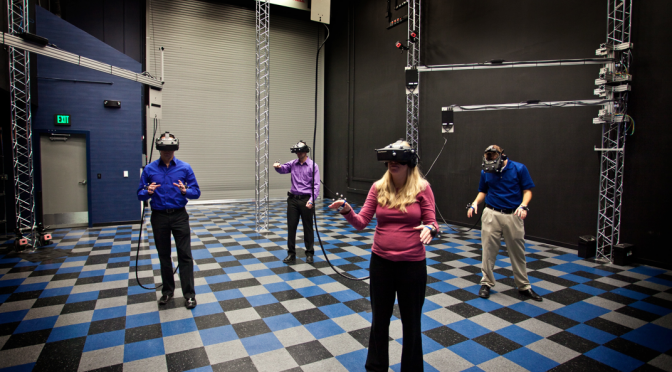One of the benefits of maturity is growing to have a new perspective on things that I didn’t in the past. It’s not that I’ve become particularly mature – I chose a profession dedicated to manipulating really complicated imaginary friends – but life experience colors your perceptions of reality even if you do everything you can to stay detached from it. When you’re young you can have all the intelligence to understand complicated ideas but none of the time and experience necessary to see all the facets of a subject. But as you gain life experience and grow, your perspective on things grows with you and eventually you start to recognize just how big of an ass you were as a kid.
Hell, sometimes you recognize how big of a dick you were just last week.
Over the last couple of years, one of the things I’ve come to gain new perspective on is how often criticism can evolve into something different than it was originally intended. We’ve all been in that situation where we wonder if we might have been too harsh on something, but lately I’ve started to realize just how much it actually impacts us on both a personal and cultural level. In an age of social media, when it’s so easy to organize a group around any project, idea, or fandom, it’s even easier for the criticism evolve and harder for people to recognize when it has. Even if it were just between two people within the group, the act of being within the group can sometimes lead to the critic becoming emboldened by the association.
And, essentially, there’s a point where criticism starts to cross the line into… obstructionism.
Continue reading A Zero Sum Culture



